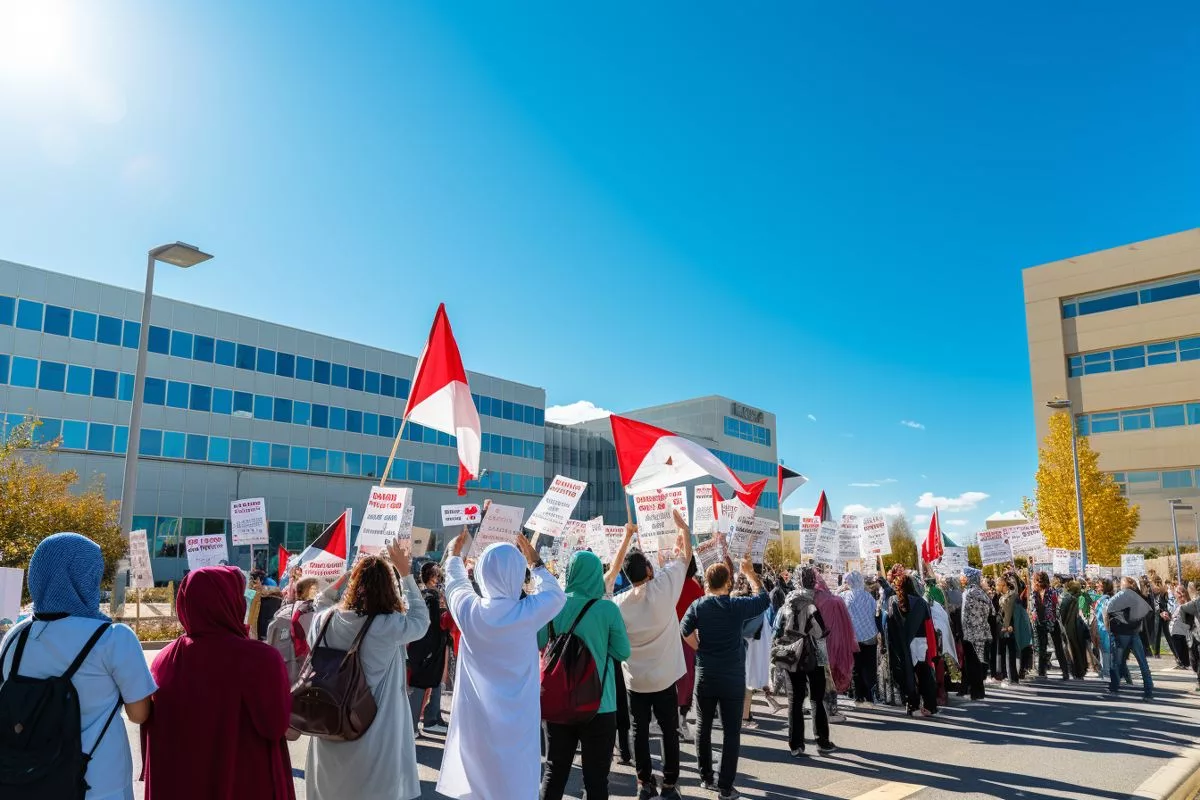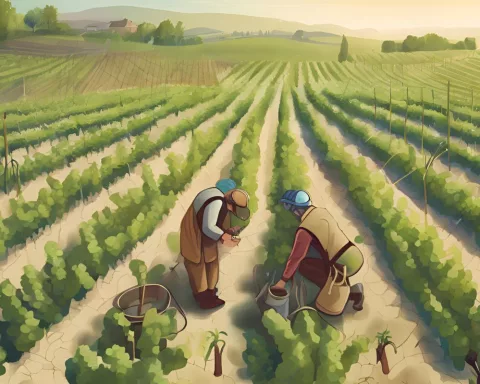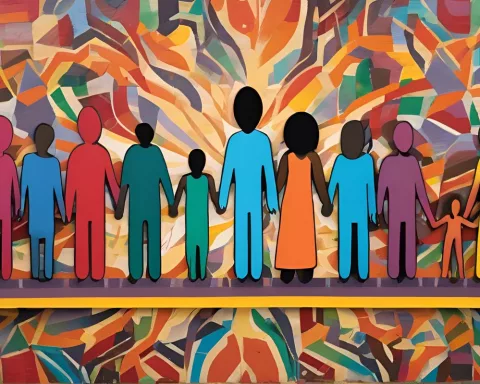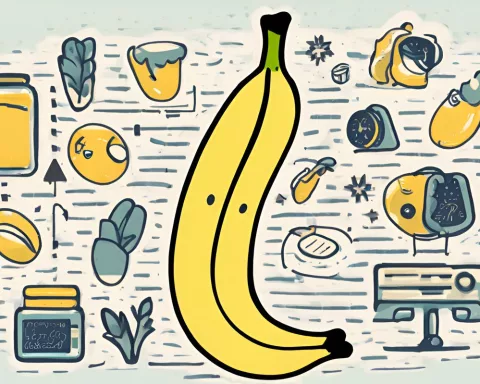A Remarkable Announcement in Higher Education
On November 21, 2023, South Africa’s higher education sector experienced a monumental event. Professor Blade Nzimande, the Minister of Higher Education, Science, and Innovation, and Mr Ernest Khosa, the Board Chairperson of the National Student Financial Aid Scheme’s (NSFAS), convened to engage the press. Their objective was impactful, marking the launch of NSFAS funding applications for the 2024 academic year.
The significance of this press conference cannot be underplayed. As the press assembled in the Ronnie Mamoepa Press Room in Tshedimosetso House, Hatfield, Pretoria, their collective gaze was fixed on these two influential figures. The impact of their announcement would be far-reaching, influencing countless students striving to advance their education, and signifying the vital role of the NSFAS in the educational profile of South Africa.
The briefing wasn’t exclusively for those physically present. Modern technology guaranteed broader access to the event. The government’s digital mediums enabled live streaming of the conference, making it accessible to both journalists and interested individuals. Facebook and Twitter, the platforms chosen for this purpose, demonstrated the government’s dedication to openness and straightforward communication.
The NSFAS Funding Cycle: An Annual Milestone
The annual NSFAS funding application cycle is eagerly awaited. Each year, the commencement and conclusion dates signify crucial milestones in numerous students’ educational journeys. This year was no exception. In the conference, Minister Nzimande and Board Chairperson Khosa unveiled these pivotal dates and also revealed improvements to the NSFAS funding application platform.
The enhancements to the platform embody a stride towards the nation’s digital progression. More importantly, they symbolize the government’s endeavors to simplify and streamline the application procedure, thereby widening the accessibility of higher education to all South Africans.
As the briefing progressed, sincere questions were directed at Takalani Mukwevho and Ishmael Mnisi, the media attendance and general inquiry contacts respectively. Their availability highlighted the government’s commitment to keeping the lines of communication open during this crucial phase.
Broader Implications of the Briefing
While the main focus revolved around the briefing, the wider context should not be disregarded. The conference took place under the purview of the Government Communication and Information System (GCIS) – a vital body that ensures consistent and effective dissemination of the government’s message to the populace.
The GCIS is embedded within the South African government’s vast and intricate infrastructure, which offers a host of services to its citizens. From cradle to grave, the government extends ample support in health, education, and social benefits.
Moreover, the government offers its services to organizations and foreign nationals, providing opportunities for business registration, tax benefits, and residency options, amongst other amenities. This service-oriented approach reflects the inclusive spirit of the South African government, inviting both local and international entities to engage.
However, despite the wide array of services provided, the government’s interaction with its citizens isn’t a one-way process. It actively seeks feedback and encourages citizens to express their views, offering multiple platforms for engagement, from social media to dedicated government websites.
In summary, the media briefing on November 21, 2023, was not just a standalone occurrence. It was part of a larger narrative – a tale of a government’s commitment to the education of its citizens, its dedication to enhancing access to higher education, and its determination to cultivate a more educated and prosperous nation. This event was a firm display of the South African government’s unwavering dedication to its citizens and their future.








